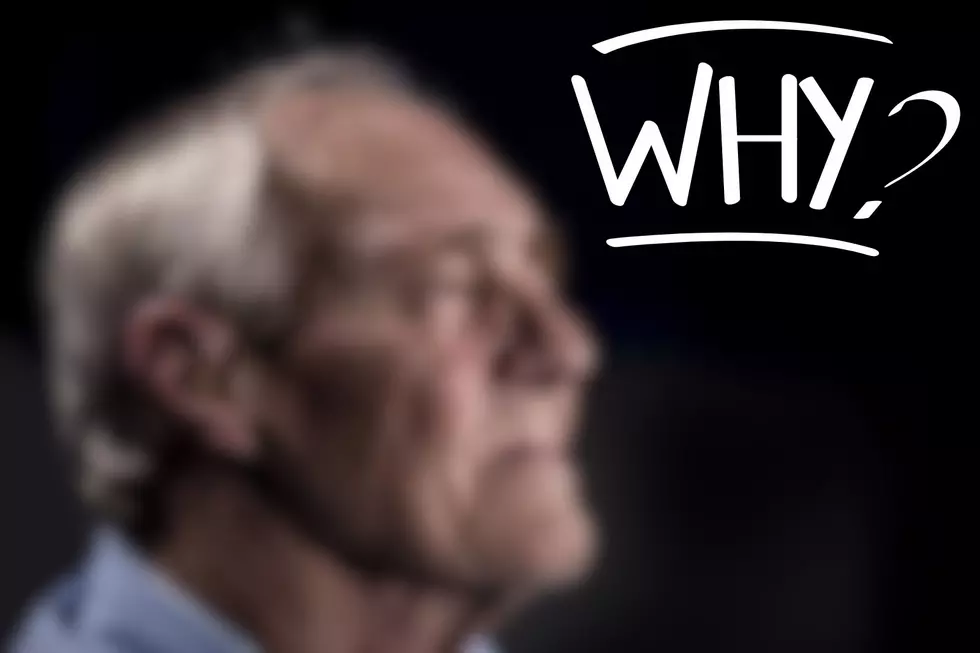
‘Decision Fatigue’ Paralyzing Many Utahns At Dinner Time
It might be the most controversial question in America.
Should abortion be legal? Is Joe Biden a crook? Should Donald Trump be put in prison? Should controversial books be banned from schools?
Nope. Nope. Nope. And nope.
Actually, the most difficult and controversial question in America gets asked just about every evening in almost every American household.
"What should we have for dinner?"
The American Medical Association says we are suffering from a sort of mental exhaustion and it shows up best near the end of the day. It's called Decision Fatigue.
Decision fatigue is “the idea that after making many decisions, your ability to make more and more decisions over the course of a day becomes worse,” said AMA member Dr. Lisa MacLean, a psychiatrist. “The more decisions you have to make, the more fatigue you develop and the more difficult it can become.”
By the time we get to dinner at 5 or 6 p.m., we are just plain tired of making decisions.
Dr. McLean continues: "While decision fatigue is not a new phenomenon, the COVID-19 pandemic has caused life to become more complicated and we have to make more and more decisions in an ever-increasing complex health care environment.
“The addition of the pandemic has only made things worse and added to moral distress, especially when caring for COVID patients during the peak of the pandemic. All of this adds to the burden of decision fatigue."
So what can be done about decision fatigue?
According to the AMA, there are five big weapons to help combat decision fatigue.
Make big decisions in the morning
“Research shows that the best time to make decisions is in the morning,” said Dr. MacLean, emphasizing that “the morning is when we make the most accurate and thoughtful decisions, and we tend to be more cautious and meticulous.
“We hit a plateau in the afternoon and by evening our decisions may be more impulsive,” she added. “So, definitely don’t make big decisions when you’re tired or hungry.”
“Avoid rehashing decisions and stop second-guessing yourself,” said Dr. MacLean. “Just let go of that perfectionism—you’ve narrowed it down to those two or three things.
“Make the choice and be happy with the choice because we waste additional energy worrying about whether or not it was the right one,” she added. “Remember, you made the best decision in that moment with what you knew and don’t keep going back to it because that’s going to add to the fatigue.”
Develop daily routines
When someone can “develop daily routines that put less important tasks on autopilot, it can make a big difference,” said Dr. MacLean. For example, “set your wake-up time and stick to it.”
Additionally, “instead of debating about working out or not, make it part of your daily routine,” she said. “And if you like cereal, eat it every day to minimize decisions of what to eat for breakfast.
“Another idea is to have a handful of go-to outfits planned out to further minimize decisions made,” Dr. MacLean added. “The bottom line is, look at all the big and little decisions you make every day and think about how you can simplify your life.”
“By changing your habits and setting up the right routines, you can decrease anxiety and conserve your energy for the decisions that really matter,” she said.
More From KDXU 890 & 92.5









